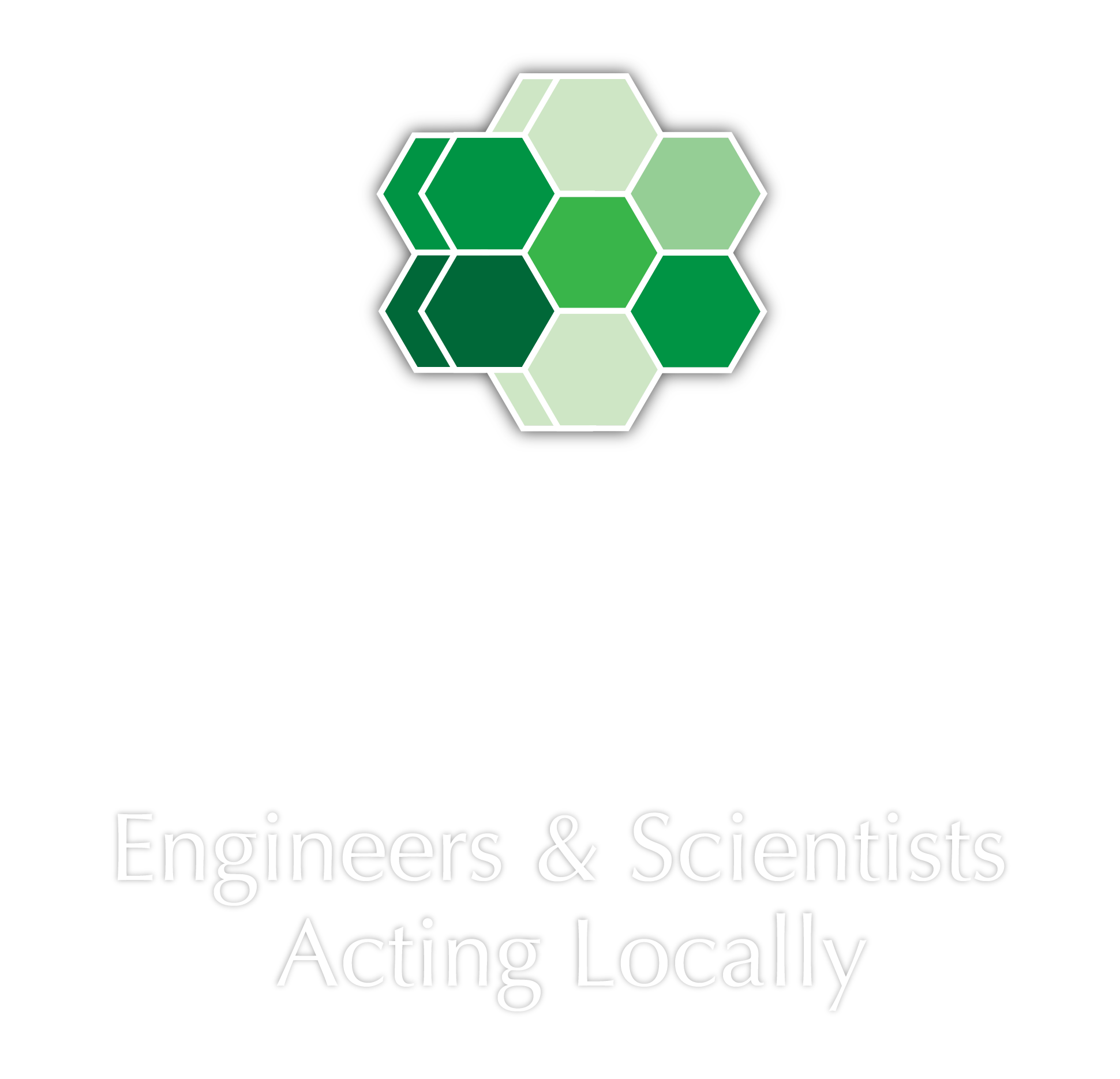Share this with your networkTweetLocal governments need leaders with STEM training as they increasingly face challenges from new tools like artificial intelligence and try to address issues such as climate resilience and election security. There are high-impact opportunities for STEM professionals to engage their local communities through opportunities like serving on a local board and […]


